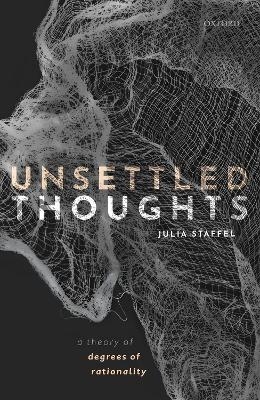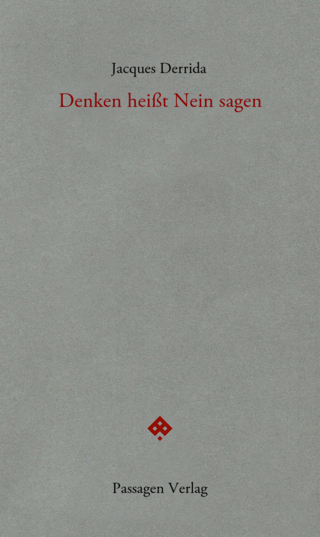
Unsettled Thoughts
Oxford University Press (Verlag)
978-0-19-883371-0 (ISBN)
How should thinkers cope with uncertainty? What makes their degrees of belief rational, and how should they reason about uncertain matters? In epistemology, recent research has attempted to answer these questions by developing formal models of ideally rational credences. However, we know from psychological research that perfect rationality is unattainable for human thinkers--and so this raises the question of how rational ideals can apply to human thinkers. A popular reply is that the more a thinker's imperfectly rational credences approximate compliance with norms of ideal rationality, the better. But what exactly does this mean? Why is it better to be less irrational, if we can't ever be completely rational? And what does being closer to ideally rational amount to? If ideal models of rationality are supposed to help us understand the rationality of human, imperfect thinkers, we need answers to these questions. Unsettled Thoughts breaks new ground in the study of rationality in providing these answers: we can explain why it's better to be less irrational, because less irrational degrees of belief are generally more accurate and better at guiding our actions. Moreover, the way in which approximating ideal rationality is beneficial can be made formally precise by using a variety of distance measures that track the benefits of being more rational.
Julia Staffel is an Assistant Professor of Philosophy at the University of Colorado at Boulder. She received her PhD in Philosophy from the University of Southern California in 2013. Before joining USC, she studied Philosophy and Linguistics at Humboldt University in Berlin and at Brown University. She mainly works in the areas of traditional and formal epistemology, with a focus on questions about rationality and reasoning. She is especially interested in exploring how thinkers ought to manage non-ideal conditions, such as their own irrationality, mistakes, time constraints, and other hardships.
1: Introduction
2: De-Idealizing Bayesianism
3: Approximation Measures
4: Why Approximate Coherence? The Dutch Book Justification
5: Why Approximate Coherence? The Accuracy Justification
6: Approximating Ideal Rationality with Multiple Norms
7: Evaluating Credence Change
8: A Small Piece of the Puzzle
9: How Do Beliefs Simplify Reasoning?
10: Matters To Be Settled
References
| Erscheinungsdatum | 21.02.2020 |
|---|---|
| Verlagsort | Oxford |
| Sprache | englisch |
| Maße | 159 x 240 mm |
| Gewicht | 492 g |
| Themenwelt | Geisteswissenschaften ► Philosophie ► Erkenntnistheorie / Wissenschaftstheorie |
| ISBN-10 | 0-19-883371-7 / 0198833717 |
| ISBN-13 | 978-0-19-883371-0 / 9780198833710 |
| Zustand | Neuware |
| Informationen gemäß Produktsicherheitsverordnung (GPSR) | |
| Haben Sie eine Frage zum Produkt? |
aus dem Bereich


